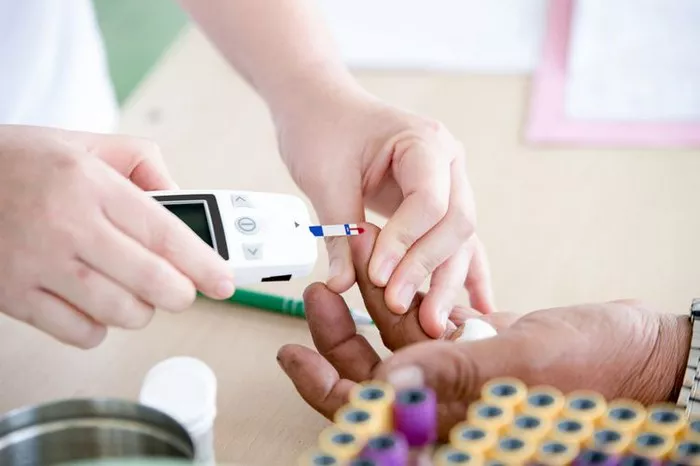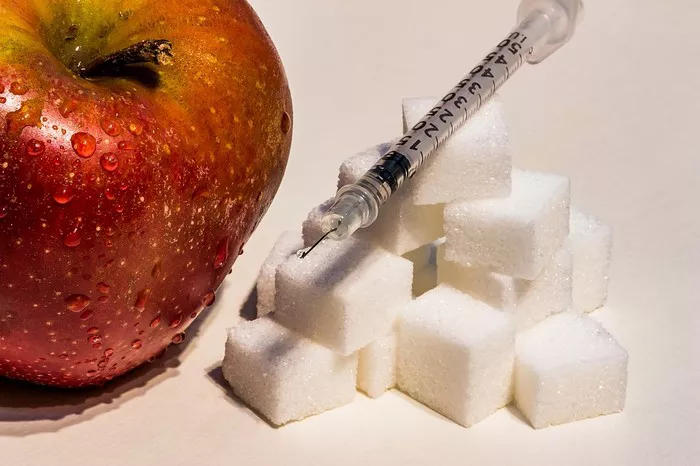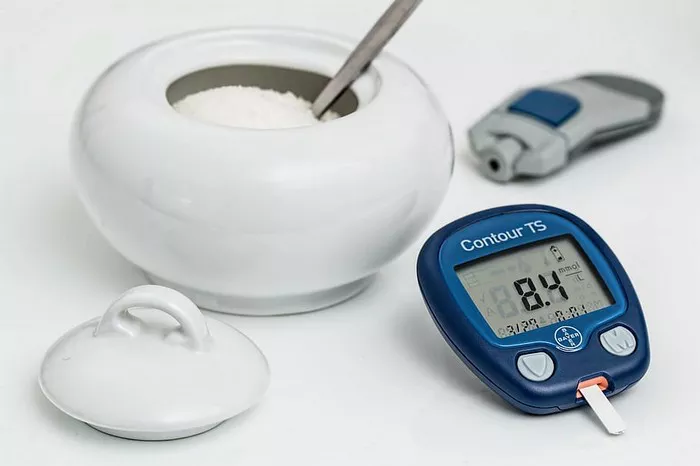Diabetes is a complex metabolic disorder characterized by impaired insulin function and elevated blood sugar levels. It affects millions of people worldwide and is associated with a range of complications, including hypertension (high blood pressure). In this article, we explore the relationship between diabetes, hyperglycemia, and high blood pressure, shedding light on their interconnectedness and offering insights into effective management strategies.
Explanation of Hyperglycemia and High Blood Pressure
Hyperglycemia refers to elevated blood sugar levels, typically occurring when the body fails to produce enough insulin or when cells become resistant to insulin’s effects. On the other hand, hypertension is characterized by persistently high blood pressure levels, often exceeding 130/80 mmHg. Both conditions are significant contributors to cardiovascular disease and other health complications.
Link between Hyperglycemia and High Blood Pressure
While the direct causal relationship between hyperglycemia and hypertension is not fully understood, research suggests a complex interplay between these two conditions. Chronic hyperglycemia may contribute to vascular damage, endothelial dysfunction, and inflammation, all of which can increase the risk of hypertension over time. Moreover, insulin resistance, a hallmark of type 2 diabetes, is closely associated with both hyperglycemia and hypertension, further complicating the relationship.
Impact of Hyperglycemia on Blood Vessels
Chronic hyperglycemia can wreak havoc on blood vessels, leading to endothelial dysfunction, oxidative stress, and inflammation. Endothelial dysfunction impairs the inner lining of blood vessels, compromising their ability to dilate and contract properly. This dysfunction, coupled with inflammation and oxidative stress, contributes to arterial stiffness and constriction, ultimately raising blood pressure levels.
Role of Insulin Resistance
Insulin resistance, a key feature of type 2 diabetes, plays a pivotal role in the development of hypertension. Insulin resistance disrupts normal insulin signaling pathways, leading to increased sodium retention, heightened sympathetic nervous system activity, and vascular dysfunction. These physiological changes contribute to elevated blood pressure levels and further exacerbate cardiovascular risk in individuals with diabetes.
Other Factors Contributing to High Blood Pressure in Diabetes
Several other factors commonly associated with diabetes can contribute to the development of high blood pressure. Obesity, unhealthy lifestyle habits such as poor diet and sedentary behavior, and comorbid conditions like dyslipidemia and sleep apnea all play a role in exacerbating hypertension in individuals with diabetes.
Management Strategies
Effectively managing both hyperglycemia and high blood pressure is essential for reducing cardiovascular risk and improving overall health outcomes. Lifestyle modifications form the cornerstone of management, including adopting a healthy diet rich in fruits, vegetables, whole grains, and lean proteins, engaging in regular physical activity, maintaining a healthy weight, limiting alcohol intake, quitting smoking, and managing stress effectively. Additionally, medication adherence and regular medical monitoring are crucial for individuals with diabetes and hypertension.
Consultation with Healthcare Provider
Individuals with diabetes and high blood pressure should seek regular medical care and consult with their healthcare provider for personalized guidance on managing their conditions. Healthcare professionals can offer tailored advice, adjust medications as needed, and monitor blood pressure and blood sugar levels to optimize treatment outcomes. Regular check-ups and open communication with healthcare providers are essential for addressing any emerging issues promptly and minimizing the risk of complications.
Conclusion
In conclusion, the relationship between diabetes, hyperglycemia, and high blood pressure underscores the importance of comprehensive management strategies aimed at reducing cardiovascular risk and improving overall health outcomes. By understanding the interconnectedness of these conditions and adopting proactive lifestyle modifications, individuals with diabetes can take control of their health and minimize the risk of complications. Consultation with healthcare providers and regular medical monitoring are vital components of effective management, ensuring timely intervention and personalized care.
Related Topics:
What Causes Hypoglycemia In Pregnancy?

























